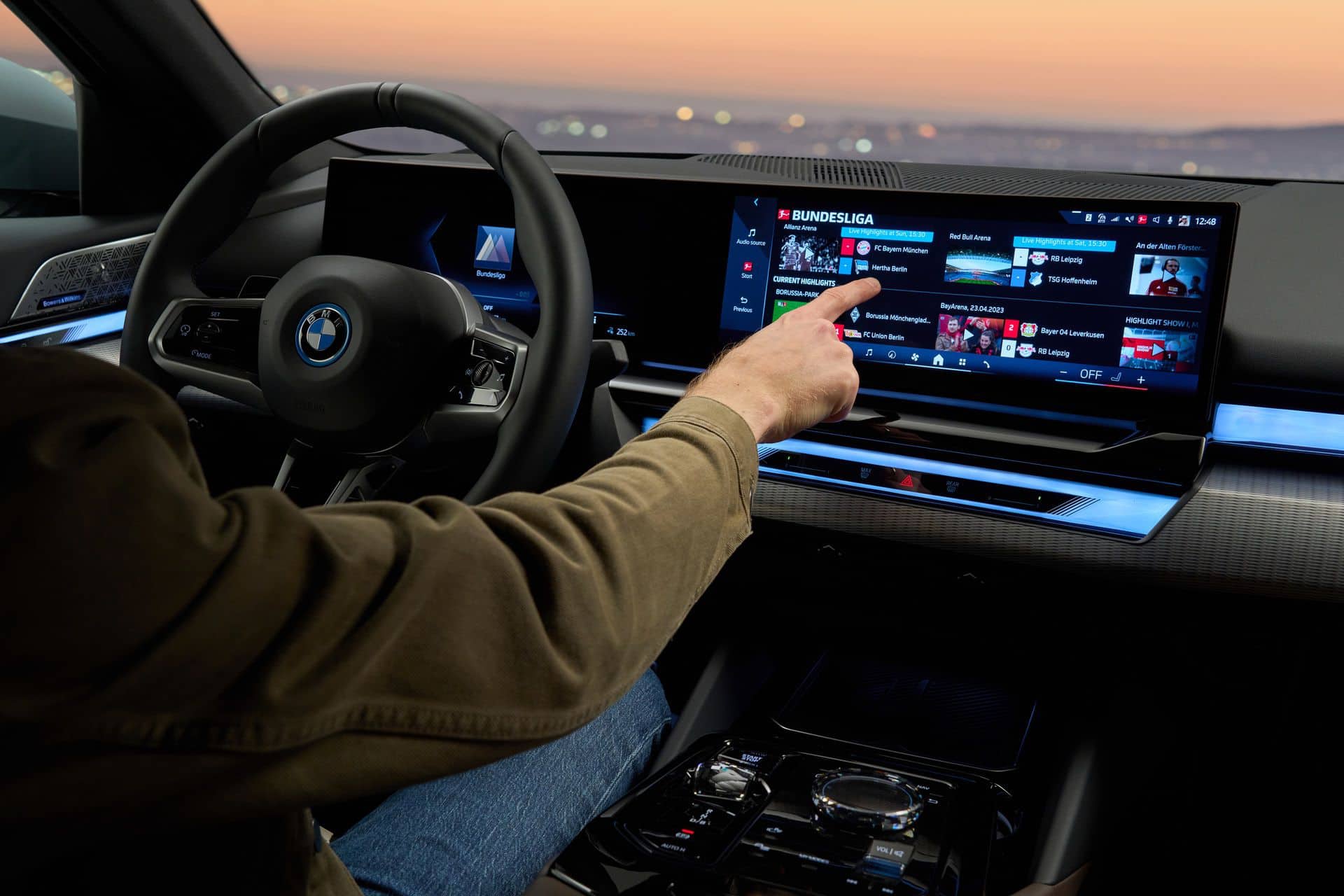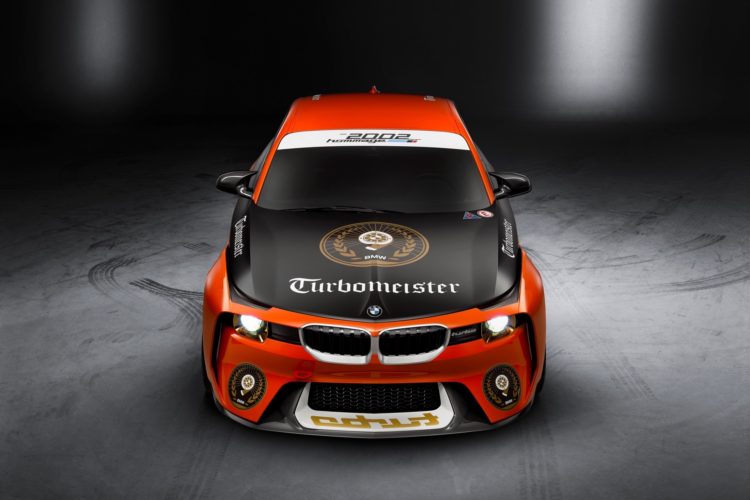In today’s automotive landscape, where vehicles are becoming increasingly laden with technological features, a new question emerges: Are car owners feeling overwhelmed by the tech that’s supposed to make their driving experience better? The J.D. Power 2024 U.S. Tech Experience Index (TXI) Study sheds light on this very issue, suggesting that for many, the answer might be yes. The study, which surveys over 80,000 new car owners in the United States, dives deep into the user experience with these advanced features. While there are innovations that have earned praise, many others fall short of expectations. The issue seems to lie not just in the abundance of technology but in its relevance, usability, and the complexity of operation.
A Mixed Bag of Results

At the top of the rankings, Genesis, Hyundai’s luxury subsidiary, stands out, scoring 584 out of 1,000 points—well ahead of other manufacturers. This marks the fourth consecutive year Genesis has led the premium segment, with Lexus and BMW trailing in second and third place, respectively. BMW’s position as the best-rated German manufacturer is notable (ahead of Mercedes-Benz and Audi), but the brand still falls short of Genesis by a significant margin.
One of the core findings of the study is the growing frustration among vehicle owners with technology that either doesn’t solve a real problem, doesn’t work as expected, or is simply too difficult to use. The user experience, which should ideally enhance convenience and safety, can often do the opposite, creating confusion or even distraction.
Car manufacturers face a tough challenge: balancing the demand for cutting-edge features with the need to make those features accessible and intuitive for all customers. Take BMW’s iDrive system as an example—renowned for its depth of functionality, but also criticized by some users for its complexity. As vehicles integrate more and more functions into their infotainment systems, the challenge becomes making these systems not just powerful, but user-friendly.

The study highlights a key divide among car buyers. Some customers are enthusiastic about innovation, eager for the latest gadgets and systems that push the boundaries of what cars can do. Others, however, are feeling overwhelmed by the constant stream of new technology. For this group, the sheer volume of features can become a distraction from what they consider to be the essential aspects of a car: comfort, reliability, and ease of use.
In essence, manufacturers must navigate these diverging customer expectations carefully. There is no one-size-fits-all approach, and brands that focus too heavily on innovation at the expense of simplicity may risk alienating a significant portion of their customer base. The key might lie in offering customizable experiences, where drivers can choose how much tech they want to engage with, rather than having it imposed upon them.
BMW’s success in specific categories within the study showcases its strengths. The BMW X6, for instance, earned top marks in the “Infotainment & Connectivity” category, largely due to its popular digital key feature, which allows smartphones to be used as car keys.
[Source: J.D. Power via BimmerToday]





































































